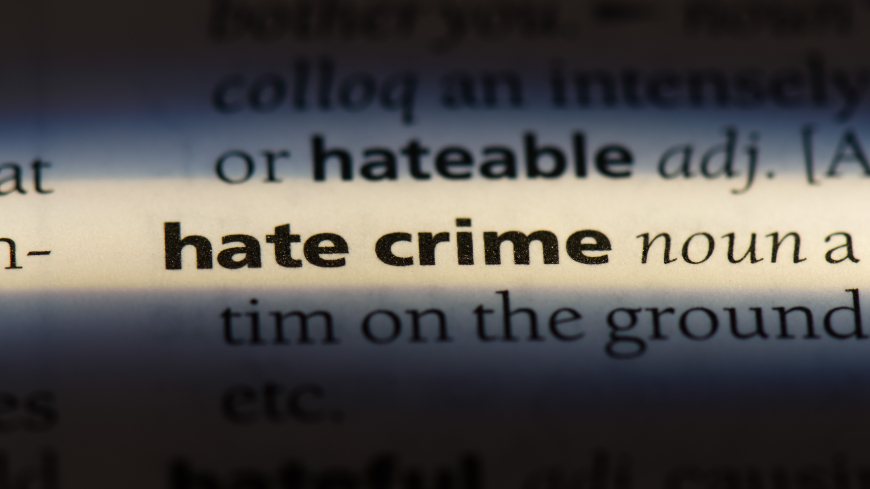Combating hate crimes is a key issue for law enforcement and the judicial system and a key step in this process is the development of capacities of those involved, according to international standards and a coordinated approach.
On 1 March 2021, our project launched a training of trainers for 28 participants from the General Police Inspectorate, Office of the Prosecutor General, and National Institute of Justice, on the topic of hate crimes.
The need for inter-professional training in the field of combating hate crimes derives from the analysis that the above-mentioned project carried out, which involved also an inter-institutional strategic group, organised from October to December 2020.
The analysis Unitary training of relevant actors in combating crimes motivated by prejudice, available in Romanian, highlights the competences needed by law enforcement and legal professionals on the topic of combating hate crimes and indicates that practice-based learning is key to developing the skills of police, prosecutors and judges in combating hate crimes.
The programme of the training will be carried out in three phases, using the newly published HELP course “Hate crimes”, workshops with exercises, simulations, case studies, cascade training, and workshops for the development of trainer abilities of participants. By the end of the course, the group of participants will be equipped with tools to carry out trainings for their peers at local level.
The training of trainers is part of a number of capacity building activities in the Republic of Moldova, based, among others, on the needs identified in the latest country monitoring report of the European Commission against Racism and Intolerance.
This training course is organised by the Council of Europe in partnership with the General Police Inspectorate, the General Prosecutor’s Office and the National Institute of Justice, all of them beneficiary institutions of the project in the Republic of Moldova.
The programme of the training includes the HELP newly revised course on hate crimes. HELP stands for the Council of Europe’s programme on Human Rights Education for Legal Professionals, that develops and implements online courses on human rights for legal and other (justice) professionals.
This activity is implemented in the framework of the regional project "Strengthening the access to justice through non-judiciary redress mechanisms for victims of discrimination, hate crime and hate speech", financed by the European Union and the Council of Europe and implemented by the Council of Europe in their Partnership for Good Governance phase II.





